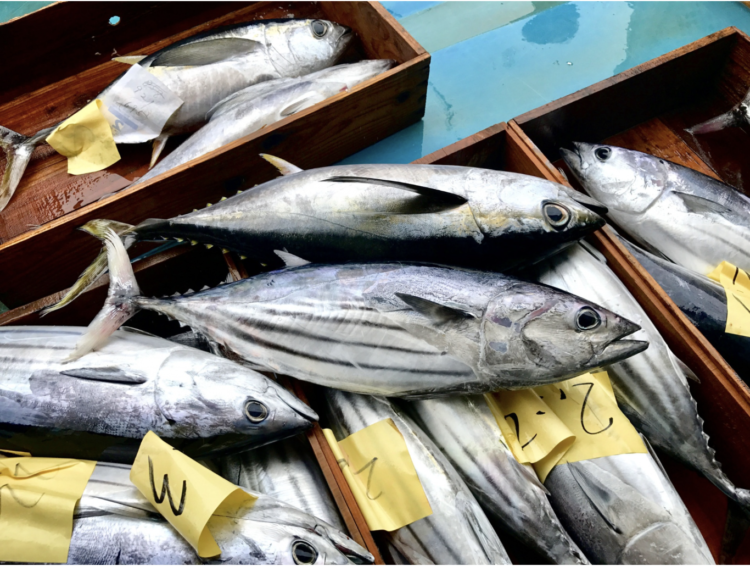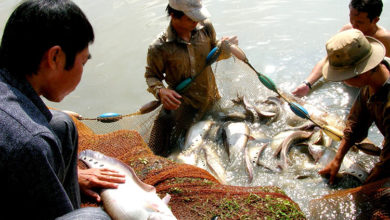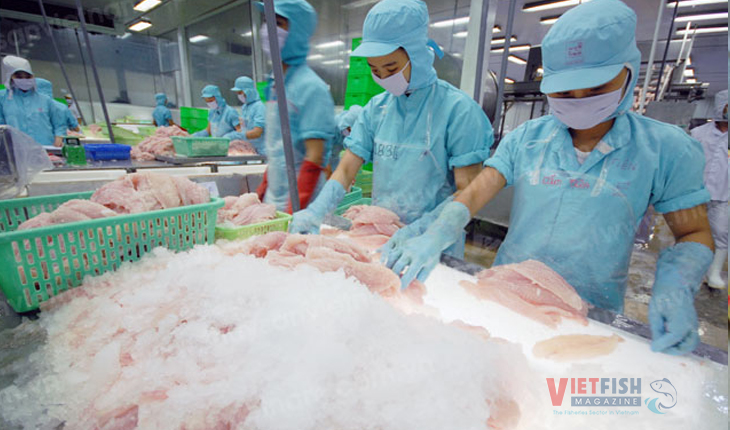Tuna canning industry faces hurdles due to inadequate provisions in Decree 37/2024/ND-CP

The tuna processing and export sector in Vietnam is still reeling from the impacts of COVID-19, with recovery efforts still underway. The ongoing Russia-Ukraine conflict, disruptions in global energy and food markets due to the war, and the recent comprehensive crisis in Gaza related to the Israel-Hamas conflict are compounding the difficulties for businesses. Economic and political instability worldwide is presenting significant challenges. Adding to these troubles, businesses and fishermen now face problematic regulations outlined in Decree 37/2024/ND-CP.
Starting from May 19, 2024, the regulation stipulates that the minimum allowable length for skipjack tuna must be 500 mm. Tuna below this size cannot be purchased for processing and export. This rule aims to safeguard tuna stocks by preventing the capture of undersized fish. Historically, skipjack tuna of 500 mm or larger typically makes up only 10-20% of a catch.
To comply with this new regulation, fishermen will need to adjust their net mesh sizes. However, fishermen report that modifying fishing gear is complex and costly, and does not effectively address sorting the catch by size. Furthermore, if fishermen are unable to sell their catch, they incur losses and their boats may remain idle. This situation not only affects their livelihoods but also impacts their overall well-being.
Moreover, skipjack tuna is a crucial raw material for Vietnam’s canned tuna industry. In 2023, canned tuna exports accounted for over 30% of the country’s total tuna export value, amounting to nearly $255 million, a 9% increase from the previous year. In 2024, canned tuna exports are expected to continue growing, with a 24% increase. As market demand recovers, there is an opportunity for businesses to boost exports. Additionally, tariff benefits from free trade agreements are enhancing the competitive edge of Vietnamese canned tuna in markets such as the EU, Japan, and South Korea.
Globally, countries like Thailand, the Philippines, and Ecuador commonly use skipjack tuna weighing around 1.8 – 3.4 kg for canning, and even smaller tuna are frequently used. The European Union and other countries do not impose minimum size regulations for skipjack tuna.
Vietnam’s new size regulations for skipjack tuna may lead to a shortage of domestic raw materials, forcing businesses to rely more on imports. Without the tariff advantages provided by free trade agreements for imported materials, businesses may face increased risks of losing their market share.
VFM






